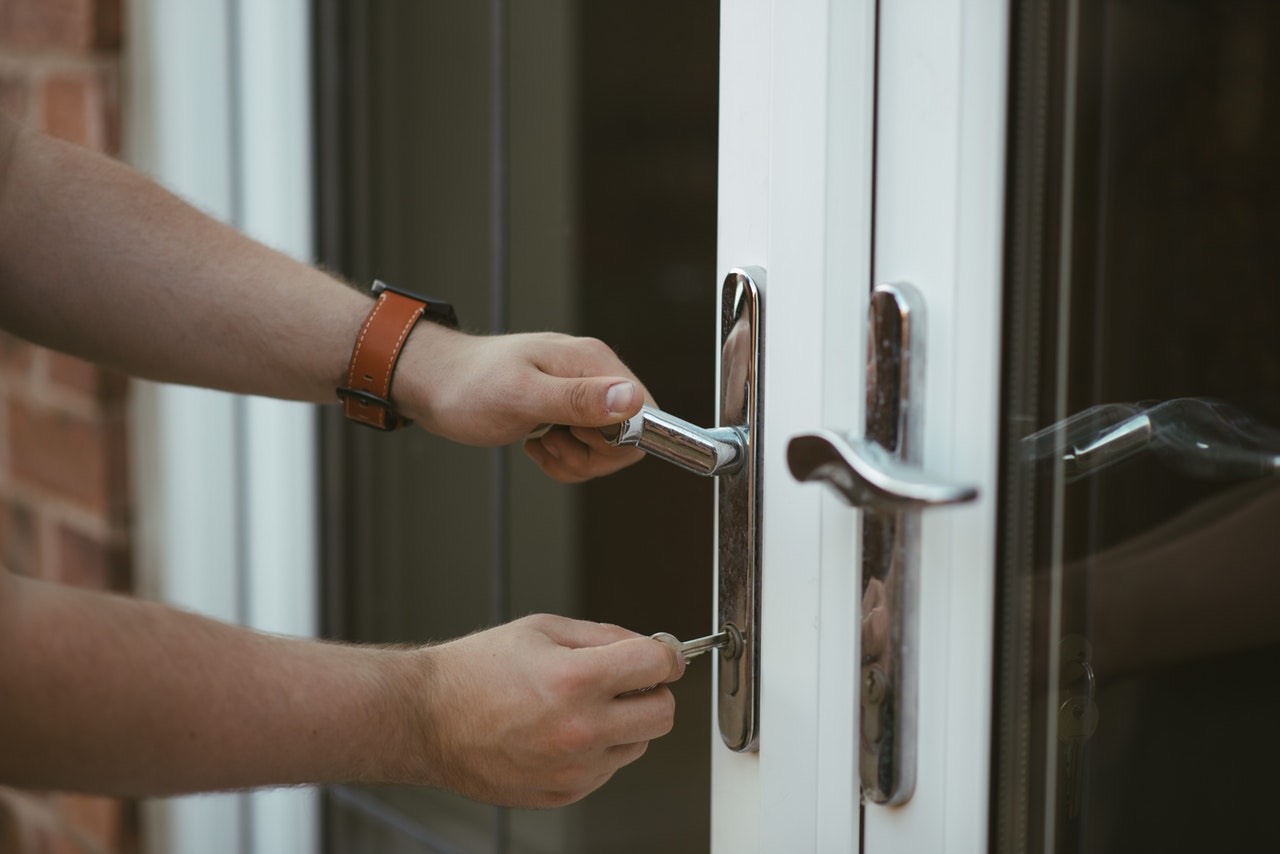Make These Home Safety Tips a Priority
You think about safety when you’re in the car, going to a new part of town, trying a new sport…but what about when you’re in your own home? The home is supposed to be the one place you don’t have to be worried, be stressed, or in harm’s way. Of course, the reality is that just like any other environment, the home has its own set of security risks to think about. Whether it’s accidents, injuries, or home invasions, no home is without some type of risk. But that doesn’t mean you can’t do your best to prevent them.
Here are ten simple home safety tips to make sure you can always rest easy.
- Keep emergency phone numbers in a highly-visible place.
Should you need to get in contact with emergency services, you don’t want to waste time looking up how to reach them. Post phone numbers for your local fire department and police department in a visible spot in the home. This is particularly important, should a guest or a young child be the one that needs to reach out to emergency services. Poison control is another number to have handy, along with the phone numbers of family members that should be contacted in the case of a medical emergency.
- Ensure there’s distance between flammable objects and sources of fire.
Think critically about where you position objects around the home to minimize your risk of accidental fire. For example, keep curtains a fair distance away from fireplaces (sparks can fly a few feet!). Also be mindful of objects that are on your stovetop, as well as who in the home has access to matches and other fire-starting substances.
- Check locks on all entrances.
To prevent unwanted visitors, install locks on all doors and windows around the home. Most exterior doors and windows will always come manufactured with locks, but they’re only valuable if you get in the habit of locking them every time you leave the house. It’s also not a bad idea to keep doors locked and garage doors closed even when you’re home. The presence of activity in the home isn’t a guaranteed deterrent for every burglar.
- Install smoke detectors and carbon monoxide detectors.
Every room in the home should have a smoke detector. More than one-third of home fire deaths occurred in homes that didn’t have any smoke detectors. Batteries in every detector should be tested at least twice a year (general rule of thumb is every six months). Carbon monoxide detectors should also be present on every level of the home. Place these in locations where you’ll be able to hear their alarms (such as right outside the bedroom), and ensure they’re battery-operated, so that they’ll still sound in the case of a power outage.
- Don’t advertise your plans online.
We’re so used to sharing our lives online, but some things are better kept private than on a Facebook wall. For example, if you’re about to leave town for an amazing vacation, maybe wait until after you return to announce you’ve been away (plus, then you’ll have the pictures to share!). You never know who in your social network might seize on an opportunity when you present it.
- Keep lights on, mail collected, and car in the drive.
Speaking of being out of town, consider ways to make it appear as if there’s still activity at the house when you’re away. Homes that appear vacant can be invitations for burglars. Consider keeping interior lights on a timer so that they turn on every day. If you took a taxi to the airport or are leaving a second car at home, park it in the driveway, rather than your garage, to make it look like someone is still at home. You may also want to ask a neighbor, friend, or relative to stop in and collect the mail; an overflowing mailbox is another telltale sign that a homeowner is away.
- Be mindful of how you store prescription medication.
Any medication that’s in the home should be stored in an elevated or locked location that can’t be reached by children or pets. Even if children or pets aren’t in the home, be sure that all prescriptions stay in their original, labeled bottle so there’s no confusion who the medication is prescribed to, how much to take, and what the expiration date is.
- Practice what to do in case of a fire.
Knowing what to do in case of a fire is just as important as taking steps to prevent a fire from occurring. What’s your family’s plan of action should a fire start? Plan out how each family member will exit the house from any level, and walk through what to do and what not to do. For example, don’t open doors if they’re hot, and find something to cover your nose and mouth with if you begin inhaling smoke. For those with multiple levels in the home, consider buying a window ladder that will allow you to reach the ground safely if you must exit before help arrives.
- Install motion sensor lights for additional security.
Place motion sensor lights around the exterior of your home near entrances that turn on at night when objects pass in front of them. Motion sensor lights can give you a heads up that activity is happening outside, and the sudden visibility can discourage burglars from attempting to break in.
- Make sure your house number is reflective and visible.
In the event of an emergency, you know that time is of the essence. Ensure that emergency services don’t waste any extra time by making your location easy to find the first time. Bright, reflective house number signs or numbers will stand out in the dark and stay highly visible in the daytime, too. Make sure your reflective house number sign is posted in a clear location near the road, such as on your mailbox.
What other ways do you keep your home safe? For more information about home safety tips and homeowner’s insurance, reach out to Schechner Lifson Corporation today!





